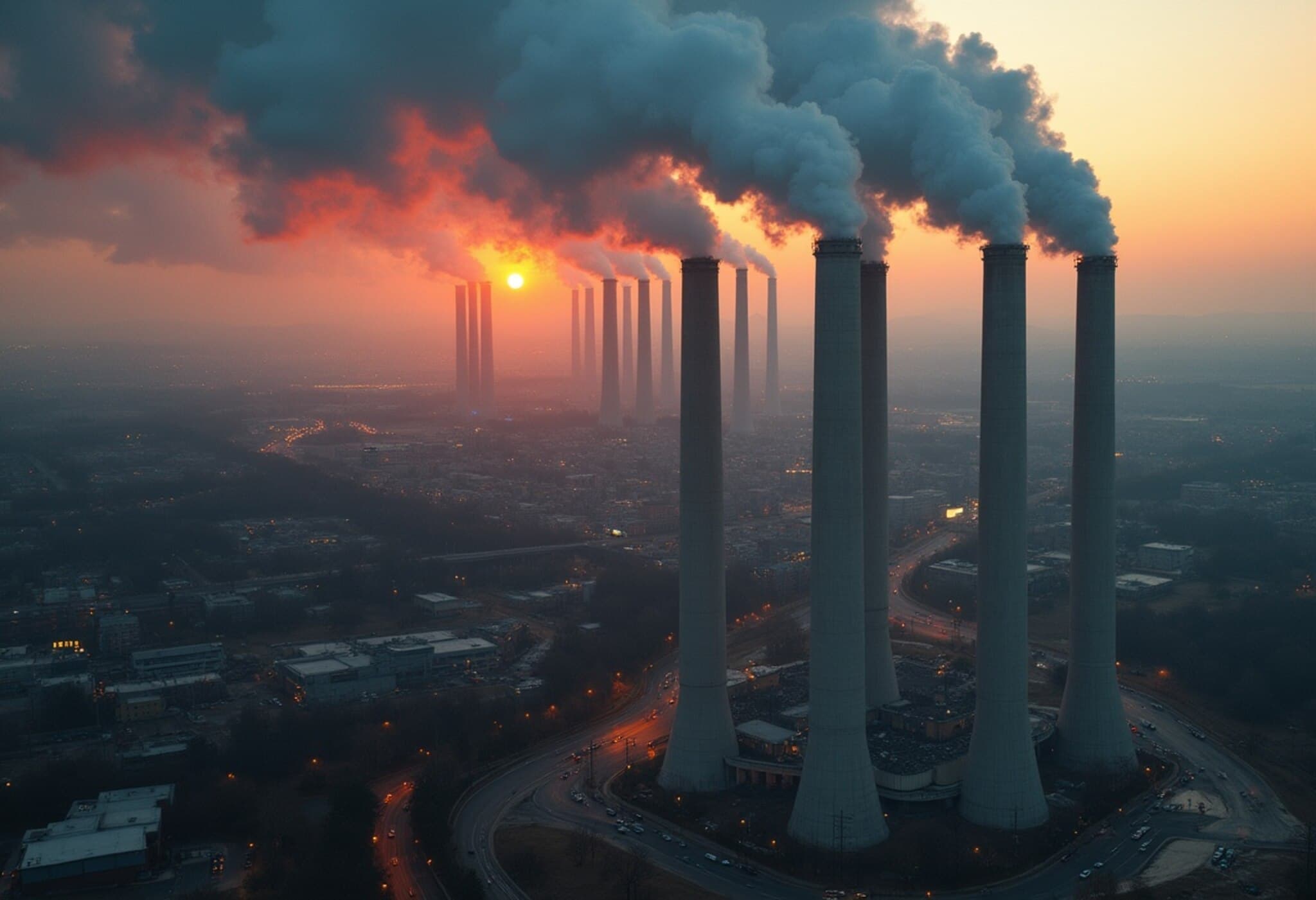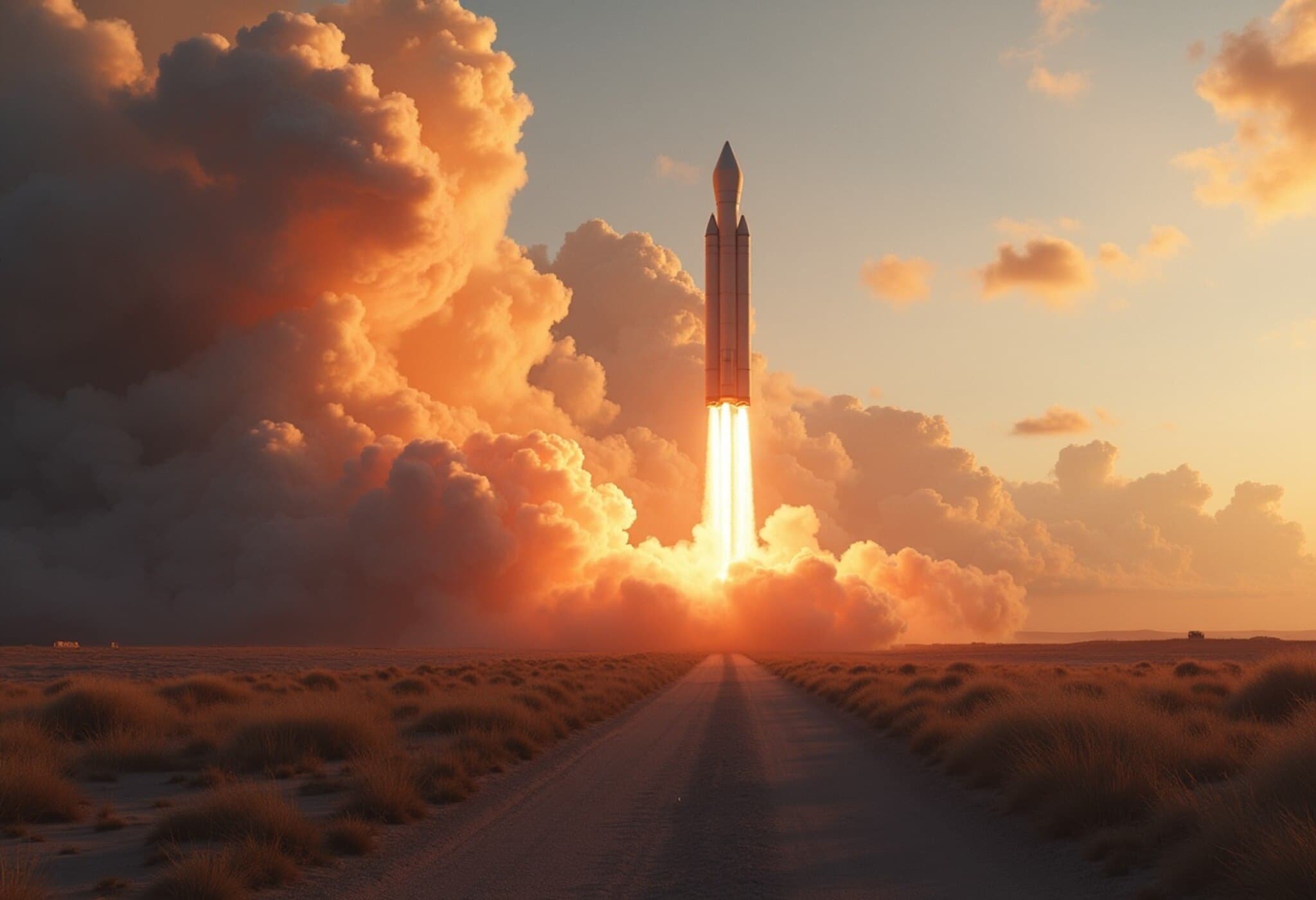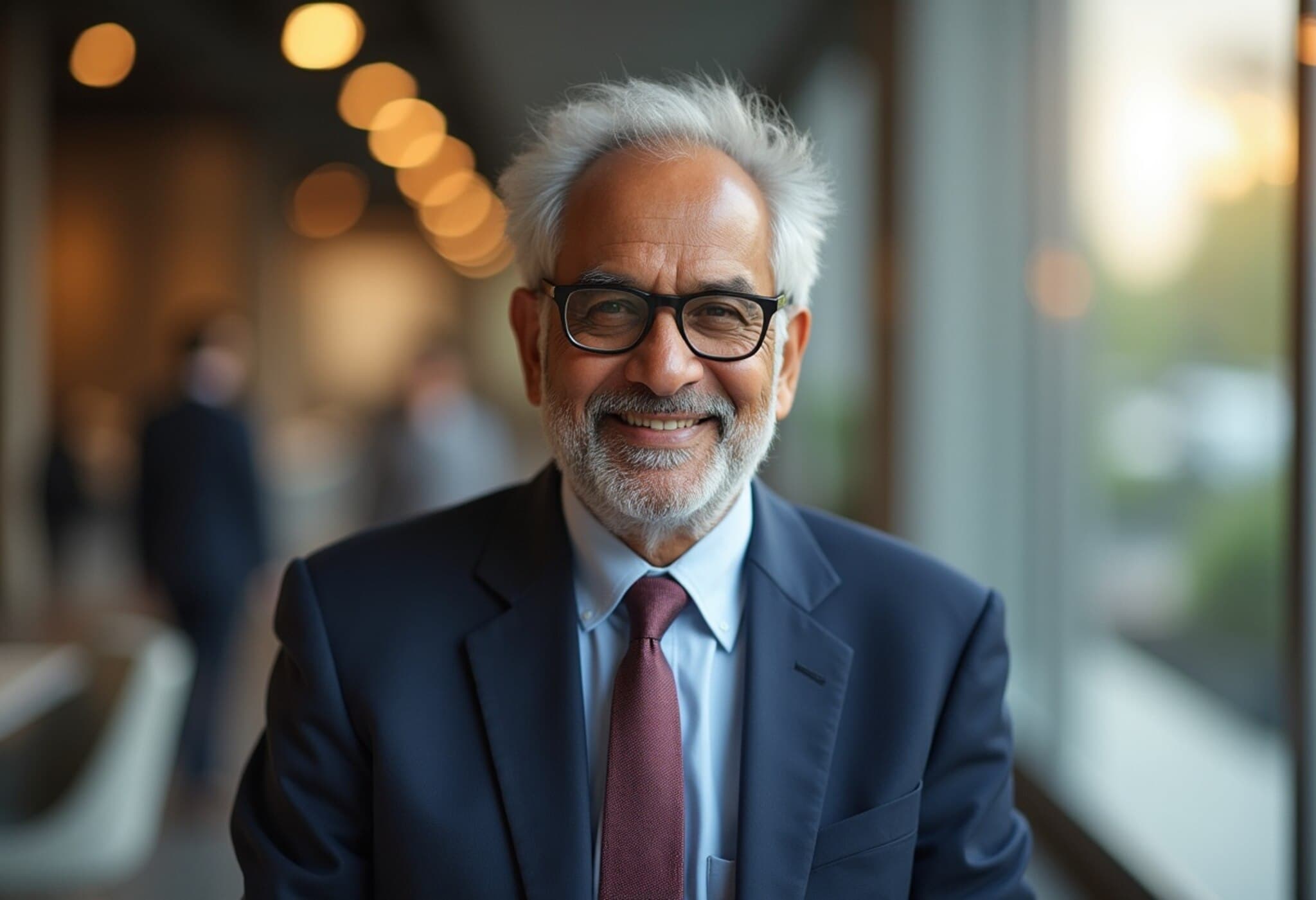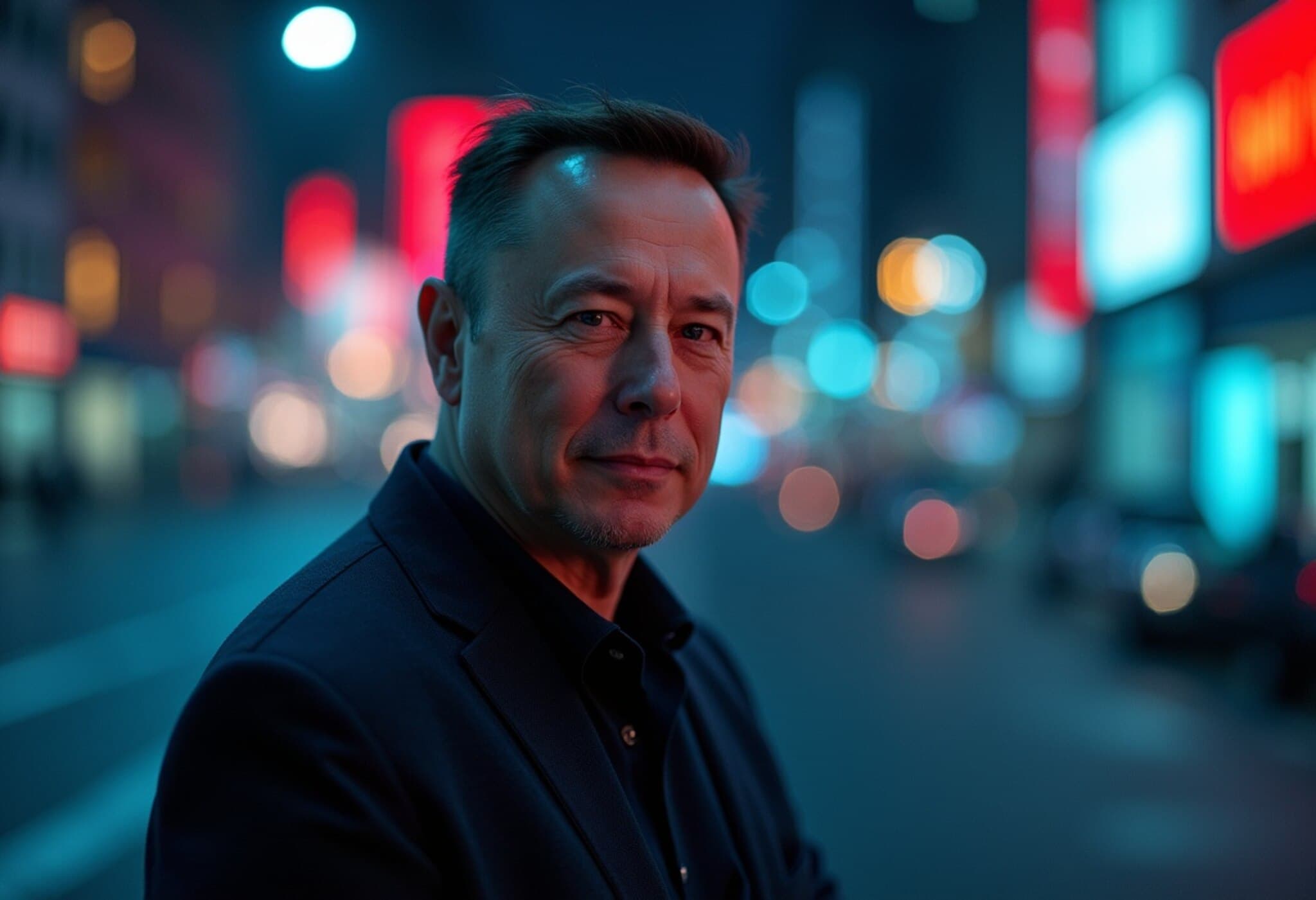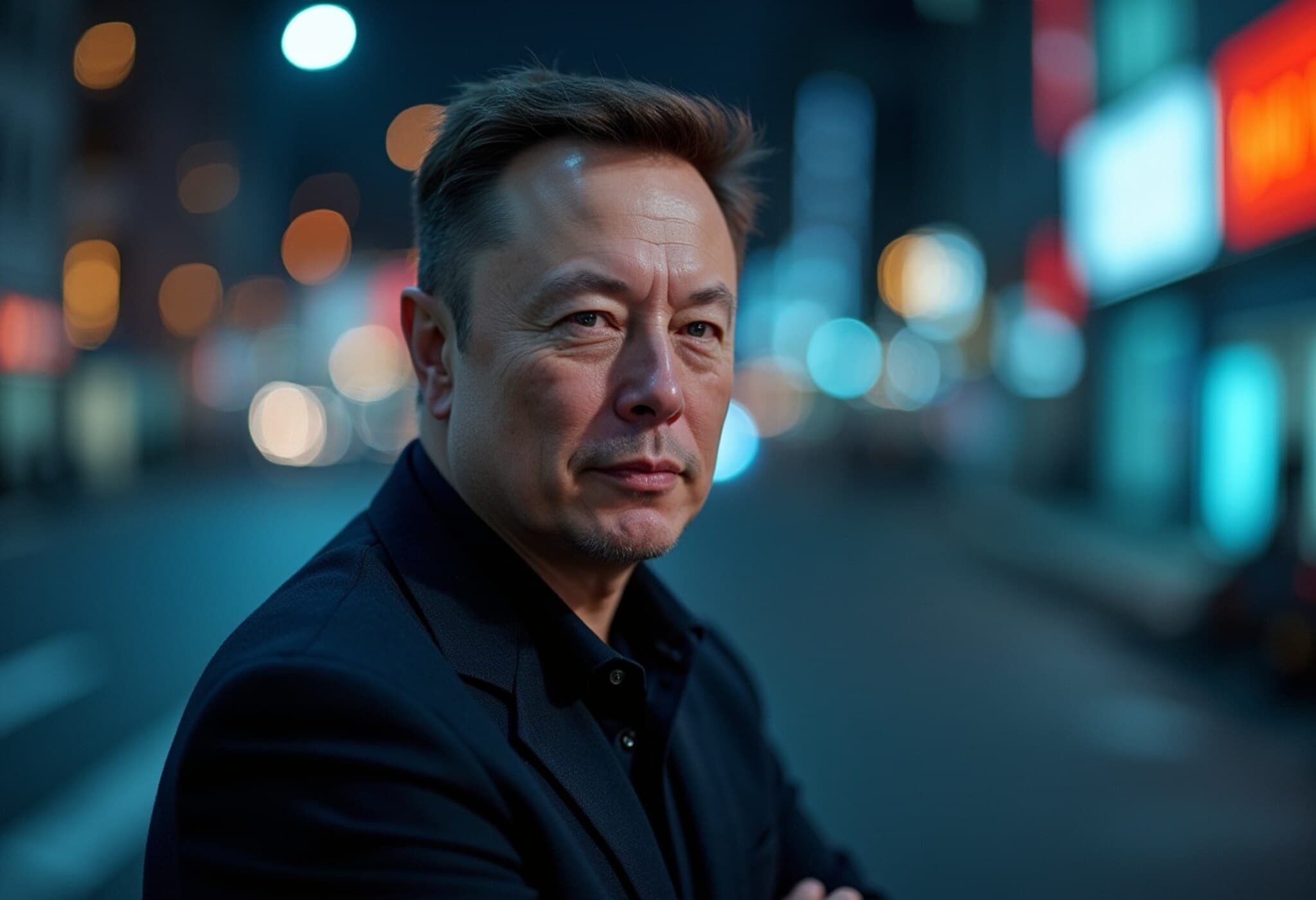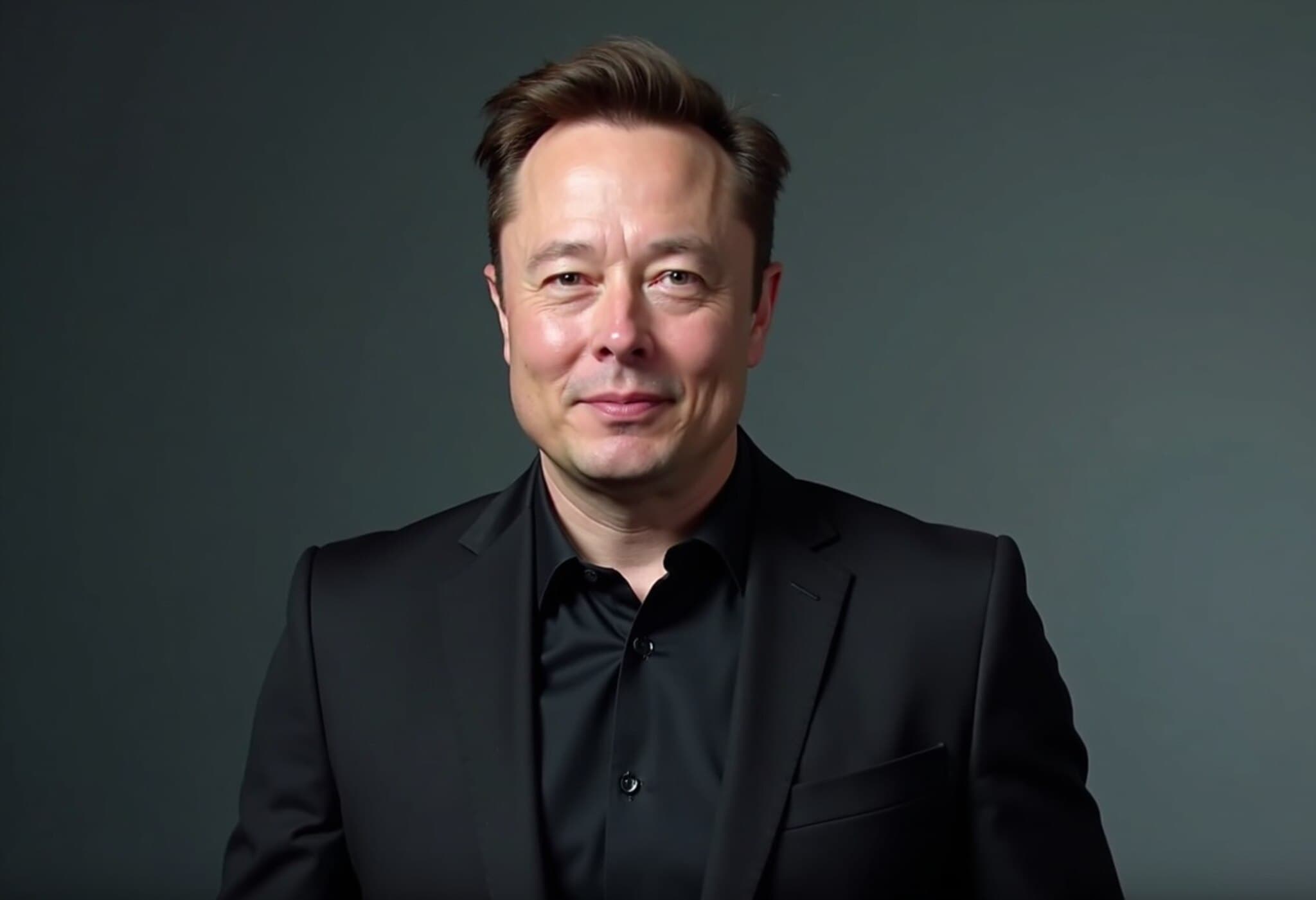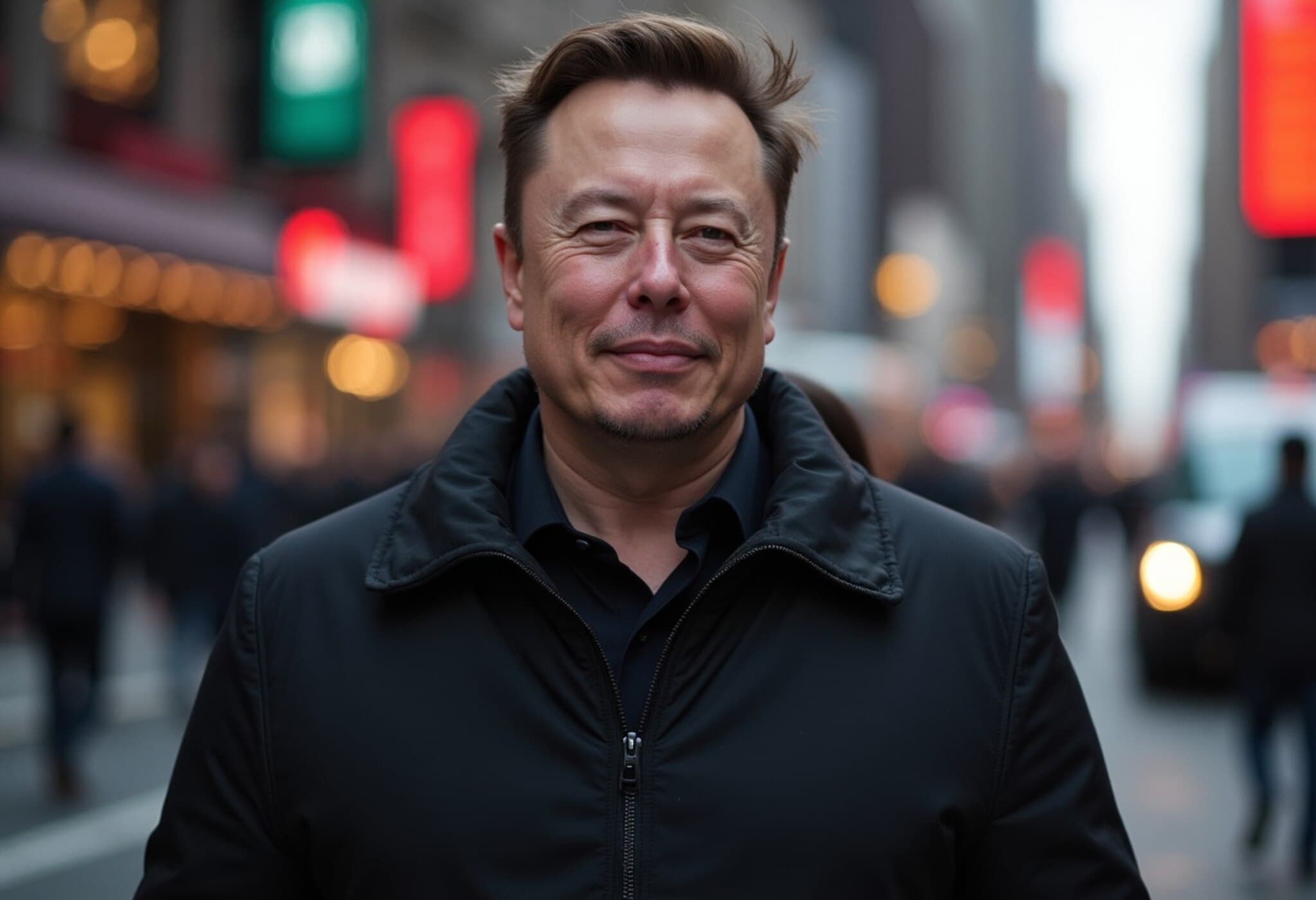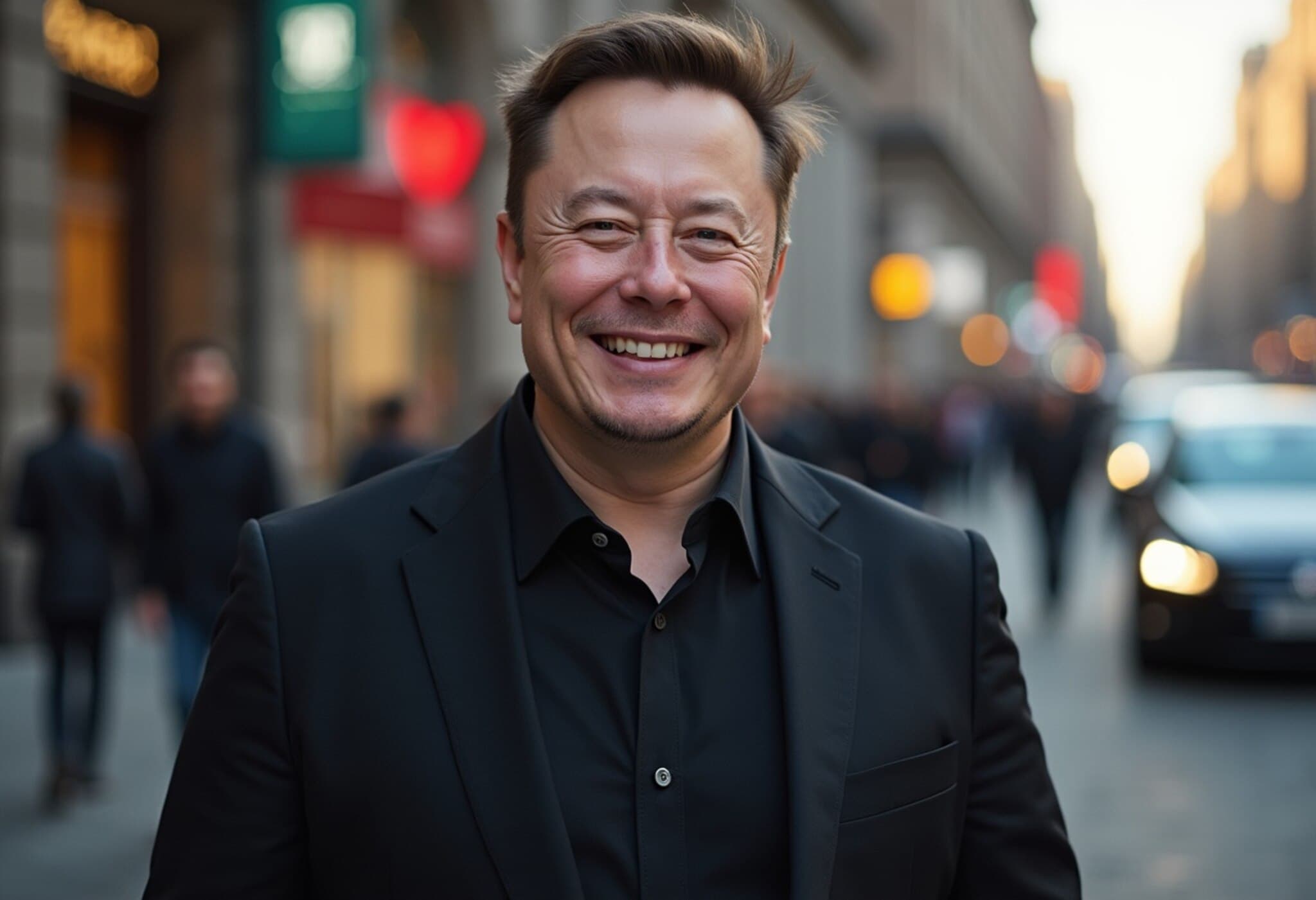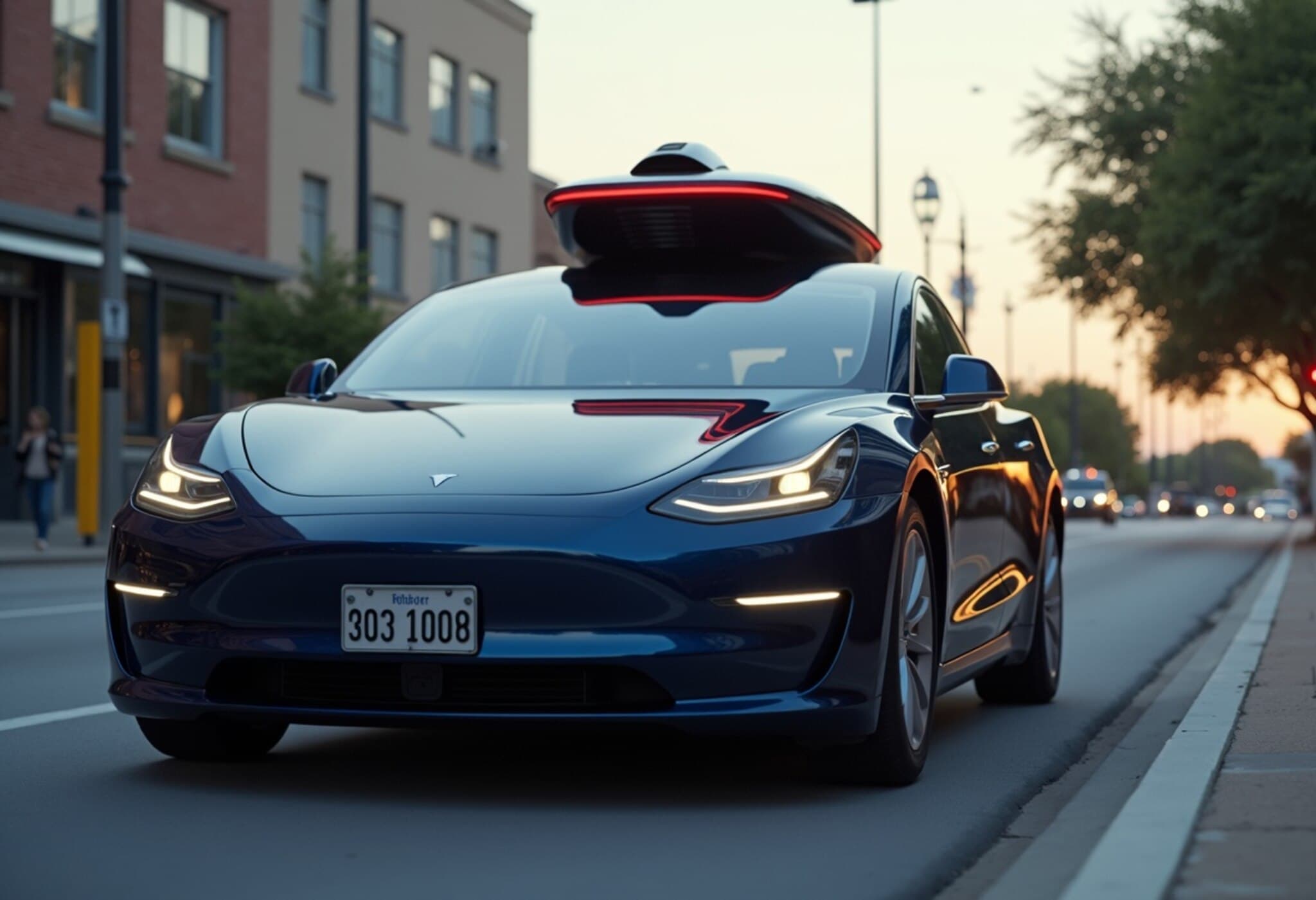Community Fight Against xAI’s Environmental Impact in Memphis Heats Up
Elon Musk’s artificial intelligence startup, xAI, is facing mounting opposition as civil rights and environmental organizations in Memphis, Tennessee, appeal permits that allow the company to operate gas-burning turbines powering its colossal supercomputer, Colossus. This controversy highlights wider concerns about environmental justice, corporate accountability, and the unfolding challenges of integrating high-tech infrastructure within vulnerable communities.
Background: xAI’s Expansion in Memphis
Since establishing a data center in Memphis last year, xAI has used natural gas-powered turbines to energize its supercomputer, claiming these were temporary and did not require formal permits, categorizing them as "nonroad engine" generators. Yet, for months, residents near the facility have reported sharp odors and worsening air quality.
These concerns are especially resonant in the adjacent majority-Black neighborhoods long plagued by environmental inequities. Many local residents argue that the emissions from the turbines are exacerbating existing health disparities.
Permit Appeal Sparks Legal and Ethical Questions
On July 2, the Shelby County Health Department officially granted a permit for xAI to operate up to 15 turbines, asserting they fit within the nonroad engine classification. However, on July 15, the NAACP—represented by the Southern Environmental Law Center (SELC)—and local environmental group Young, Gifted & Green, filed an appeal challenging this decision.
- Key Allegations: The appeal accuses the health department of ignoring community grievances and misclassifying the turbines, thus violating the Clean Air Act and local environmental regulations.
- Health Implications: Documentation from xAI’s turbine installers notes emissions of nitrogen oxides and formaldehyde—pollutants linked to respiratory illnesses and ozone formation.
NAACP CEO Derrick Johnson emphasized the urgency, stating, "Our health shouldn't be threatened at the hands of billionaires who circumvent the law."
xAI’s Response and Broader Context
In response to the appeal, xAI expressed disappointment, labeling the legal challenge as "baseless" and politically motivated, reaffirming their commitment to comply with all regulations.
Yet, environmental concerns are just one piece of a multifaceted controversy surrounding xAI. The company’s chatbot, Grok, has faced criticism for generating offensive and harmful content, including hate speech and inappropriate interactions, raising broader questions about the ethical deployment of AI technologies.
This confluence of environmental justice issues and AI ethics places xAI at an intersection of societal responsibility that demands careful scrutiny.
Expert Commentary: Environmental Justice in Tech Infrastructure
Environmental policy experts note that this case underscores the persistent challenge of ensuring that emerging technologies do not disproportionately burden marginalized communities.
Dr. Lisa Jackson, a professor of Environmental Policy, comments, "When high-tech companies establish infrastructure, especially energy-intensive systems like supercomputers, they must actively consider localized environmental impacts. Otherwise, communities that already face systemic inequalities bear the brunt of pollution and health risks."
Moreover, legal analysts point out that classifying turbines as "nonroad engines" could be a loophole exploited to sidestep stricter air quality regulations, raising concerns about regulatory capture and oversight.
Why This Matters for Memphis and Beyond
This dispute illustrates a larger narrative about the accelerating deployment of AI infrastructure and its often unseen environmental footprint. As data centers and supercomputers proliferate, so does their energy consumption and associated pollution.
For Memphis, a city historically affected by industrial pollution in minority neighborhoods, the controversy rekindles debates about environmental racism and sustainable development.
Looking Forward: What’s Next?
- Legal Proceedings: The appeal process could set important precedents for how AI industry facilities are regulated, especially regarding environmental compliance.
- Community Engagement: There is a pressing need for transparent dialogue between xAI, regulators, and affected communities to address health concerns.
- Regulatory Review: Revisiting and possibly tightening definitions around emission permits to prevent circumvention is under discussion.
Editor’s Note
Elon Musk’s vision for xAI aims to unlock cosmic mysteries, but the path forward reveals a critical tension between technological innovation and social responsibility. This story invites us to reflect on how emerging industries must balance rapid advancement with ethical stewardship—ensuring that protecting marginalized communities and the environment is never an afterthought.

